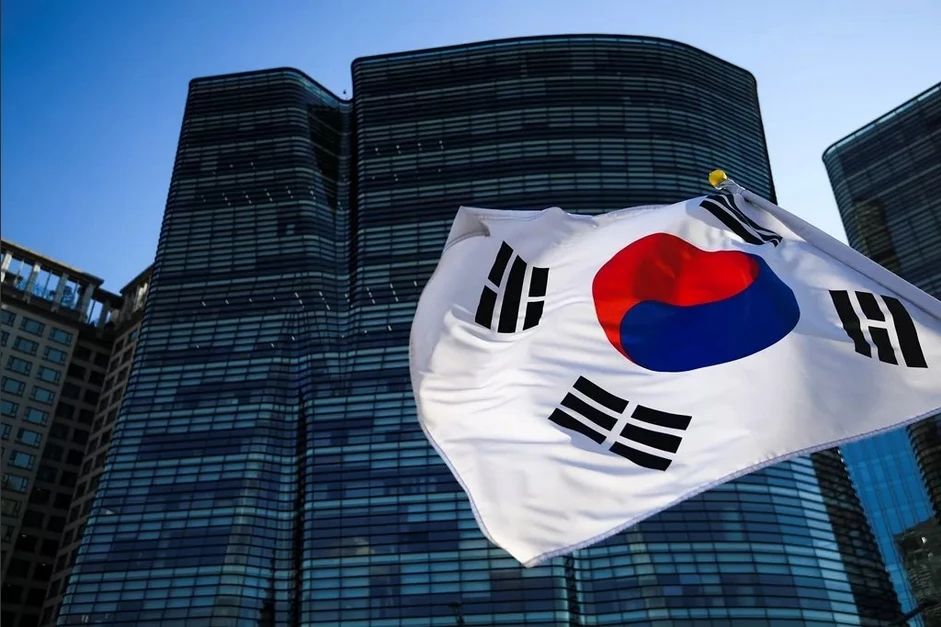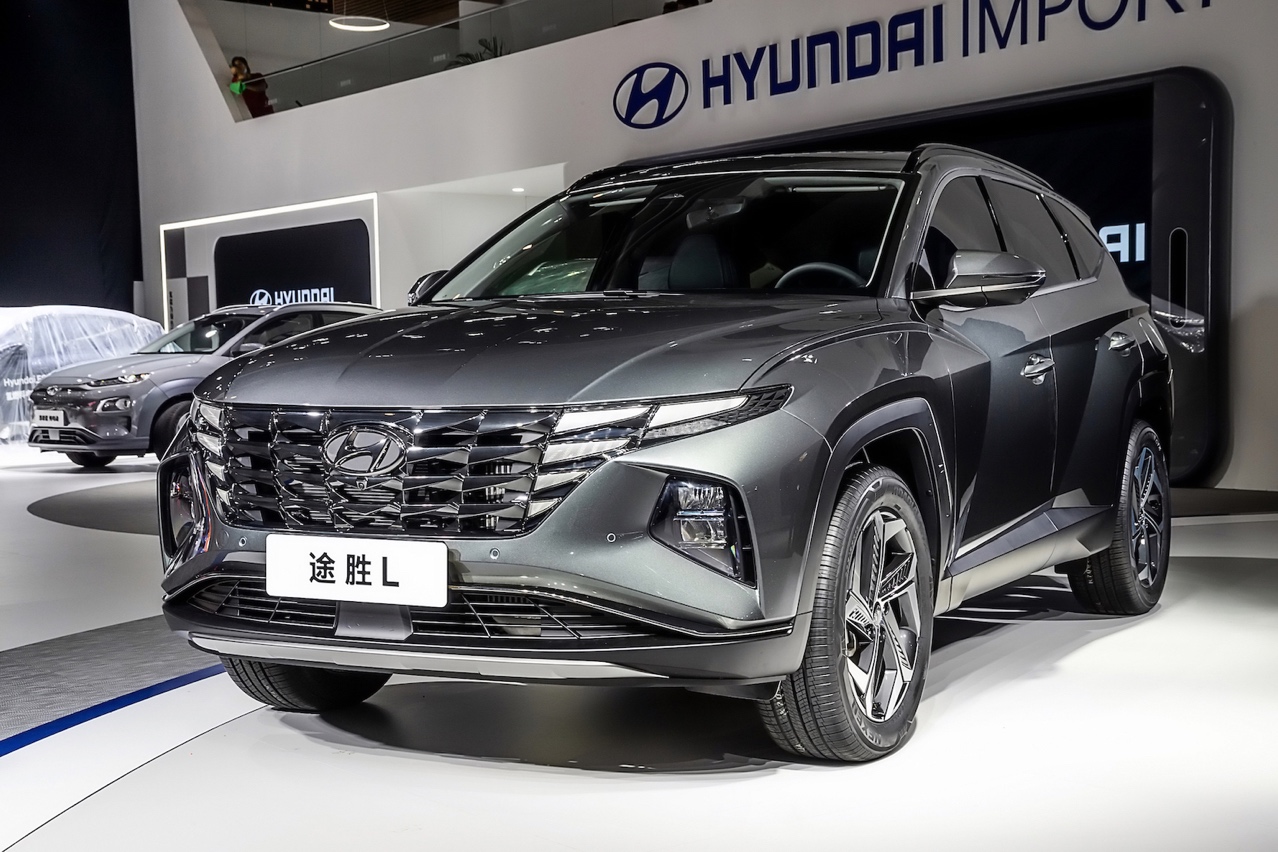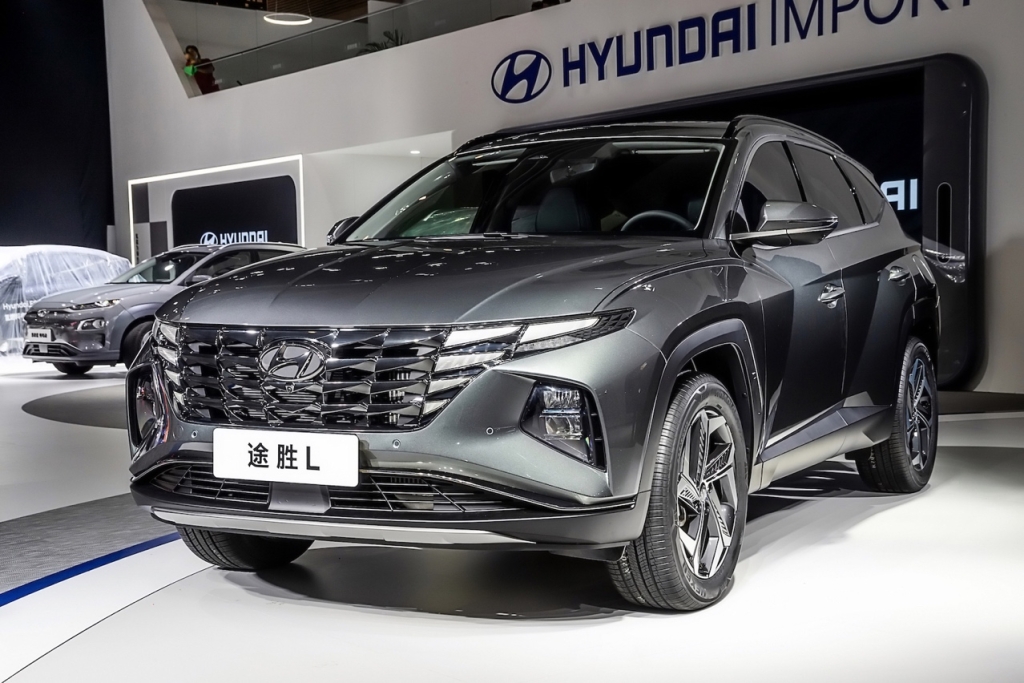A maior parte das exportações de automóveis da Coreia do Sul para a Rússia são carros usados, e a escala da Coreia do Sul exportações de automóveis para a Rússia diminuirá ainda mais…
Em fevereiro 20, conforme relatado pela agência de notícias Yonhap, A Coreia do Sul deverá aplicar novos regulamentos de controle de exportação a partir de fevereiro 24. O revisado “33Terceiro Lote de Edital de Importação e Exportação de Materiais Estratégicos” expande o “controle abrangente” listar para 1,159 Unid, incluindo máquinas de construção pesada, baterias secundárias, máquinas-ferramentas, e peças de aeronaves. Estas adições estão alinhadas com as restrições internacionais às exportações para a Rússia e a Bielorrússia, já que esses itens são considerados potencialmente usados para fins militares.

Notavelmente, automóveis de passageiros com cilindrada superior 2.0 litros estão agora sujeitos ao controle de exportação, marcando uma mudança em relação ao critério anterior de “excedendo 50,000 Dólares americanos.” Prevê-se que esta modificação reduza significativamente as exportações de automóveis da Coreia do Sul para a Rússia, impactando particularmente as exportações de automóveis usados. Em 2022, A Coreia do Sul testemunhou um notável 700% aumento anual nas exportações de automóveis usados para a Rússia, Alcançar 19,628 Unidades. Contudo, os novos regulamentos proíbem a exportação de automóveis de médio porte e veículos maiores para a Rússia e a Bielorrússia.

Em resposta a estas medidas, A porta-voz do Ministério das Relações Exteriores da Rússia, Zakharova, expressou preocupação, afirmando que o alinhamento da Coreia do Sul com as sanções do grupo ocidental contra a Rússia prejudicou as relações bilaterais. O porta-voz sugeriu que estas novas medidas terão um impacto negativo na cooperação substantiva entre as duas nações, enfatizando o direito da Rússia de tomar contramedidas, que pode não refletir necessariamente as ações da Coreia do Sul. Este desenvolvimento sublinha as potenciais complexidades decorrentes da participação da Coreia do Sul em sanções internacionais e as suas implicações nas relações diplomáticas com a Rússia..
